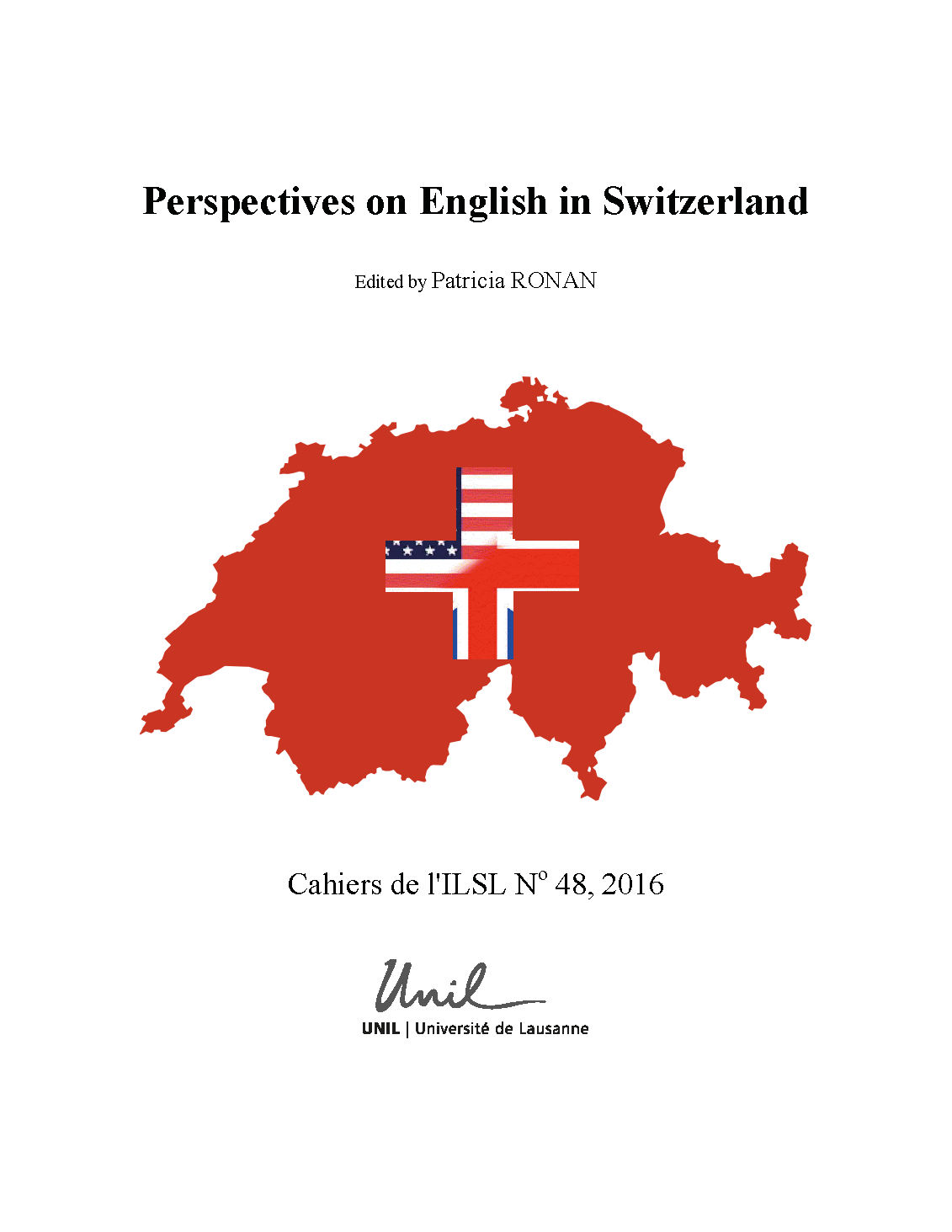Résumé
In this study, I examine the strength of the association between L3 English performance and tarting age, on the one hand, and motivation and different types of provision of foreign language teaching, on the other, in Swiss learners of EFL with a long learning experience (between 6–11 years). Multilevel analyses were performed to investigate whether early starters in instructional settings achieve the same kind of long-term advantage as late starters and to examine how motivation and type of instruction (regular EFL instruction vs. Content and Language Integrated Learning or CLIL) factor into this process. Results show that starting age alone does not seem to be the distinguishing variable and that type of instruction and, above all, motivation are stronger predictors of L3 proficiency than starting age. Furthermore, qualitative analyses reveal a bi-directional causal link between CLIL and motivation and CLIL and learner outcomes. The study thus complements previous research by offering a critical empirical examination of age effects as well as CLIL outcomes and by investigating second-order interactions of individual difference variables and linguistic and contextual variables, which are still under-researched both in educational psychology and the study of second language acquisition.

Cette œuvre est sous licence Creative Commons Attribution 4.0 International.
